Posts
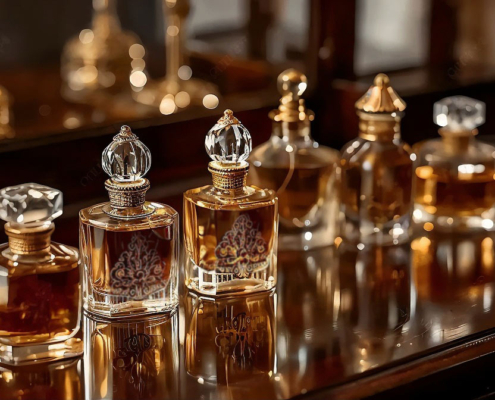
Natural Perfume is not a product: it is a Relationship
A natural perfume is more than just a product. It is a living relationship between the perfumer, the wearer, and the senses, guiding us to slow down, listen, and experience scent as an intimate, evolving dialogue. Explore how time, memory,…
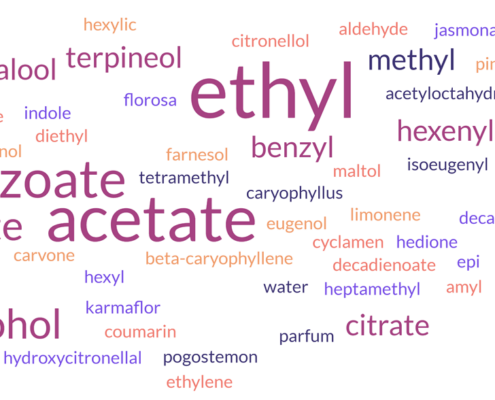
Why are there components with chemical names even in natural perfumes?
"Chemical-sounding" names often indicate you're getting actual natural extracts broken down to their molecular components. On the contrary, vague terms like "parfum" or "fragrance" can conceal what's really inside!
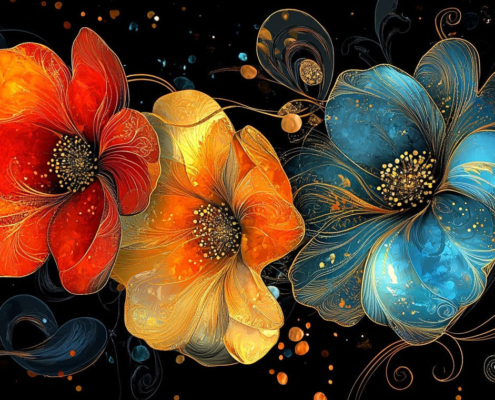
Beyond the Obvious: Unexpected Perfume Ingredients You May Not Know
At La Via del Profumo, we create perfumes only from natural materials, and many of them go far beyond the classic rose, jasmine, or citrus. Some ingredients might sound eccentric at first, but they are part of the rich history of perfumery…
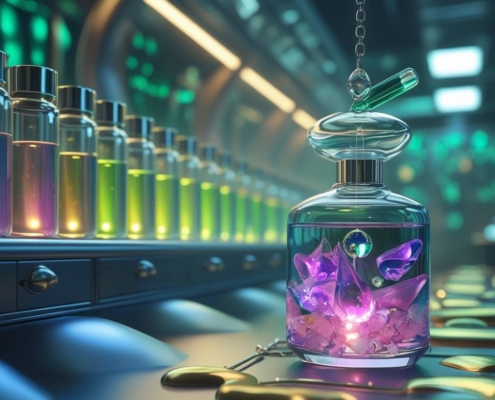
Biodegradability of Synthetic vs. Natural Perfumes: Understanding the Environmental Impact
The Persistence Paradox: The irony lies in the fact that the same molecular stability that makes synthetic fragrances appealing to perfumers—their resistance to oxidation, heat, and chemical breakdown—also makes them resistant to biodegradation.…

Natural Perfumes for Eco-Conscious Consumers
From ancient times to modern tech-savvy civilizations, perfumes have played an essential role in human cultures. In recent years, we have seen a significant transformation in the fragrance market, where a small number of companies are producing…
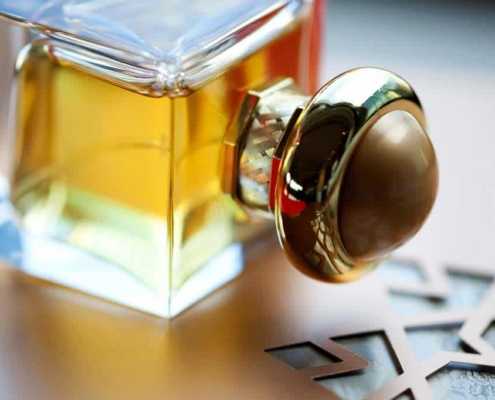
A New Ethical Standard Towards Perfume Consumers
The ECLIP List
Fragrantica interview with AbdesSalaam Attar
by Naheed Shoukat Ali 08/30/11 12:17:00
For most people the only factor that determines their purchase of a perfume is that they like the smell of it. However, more people every year ask…
The ECLIP List
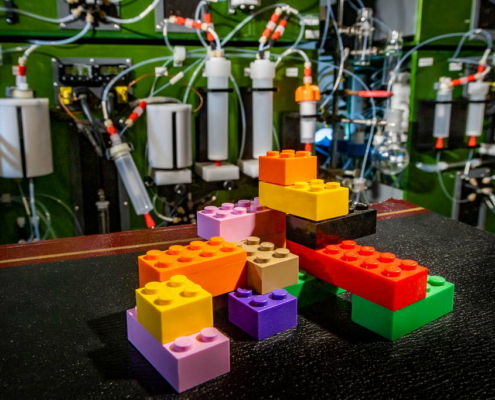
Are There Perfumes Without Chemicals?
Chemicals can be naturally occurring or man-made. We will need to differentiate between man-made synthetic chemicals, that are found to be toxic and harmful, and those yielded from natural origins, that are found to be environment friendly, as well as beneficial for human well-being.
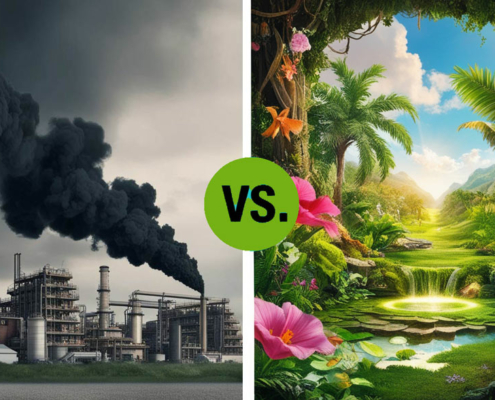
Natural vs. Synthetic Perfumes: Which is Better for the Environment?
When it comes to personal fragrances, we often focus on scent profiles and how a perfume makes us feel. But have you ever stopped to consider the environmental impact of your signature scent? As sustainability becomes an increasingly important…
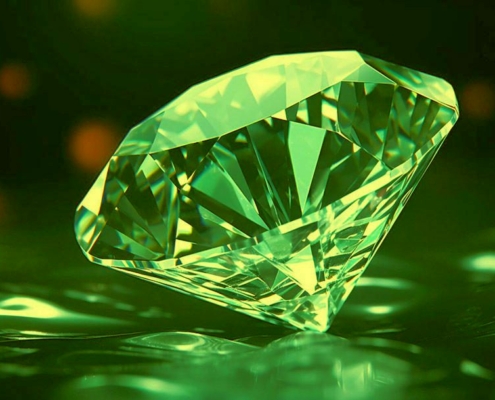
The Rarest and Most Precious Perfume Ingredients in the World
Have you ever wondered why some perfumes command such high prices while others are more affordable? While it's easy to assume that expensive fragrances are made with luxurious or high-quality raw materials, the reality is more nuanced. The…

The Dark Side of ‘Clean Perfumes’: another Fragrant Deception
Many clean perfumes are marketed as being composed of natural ingredients. However, the reality is far from what is portrayed! Many clean perfumes still contain a significant amount of synthetic ingredients, albeit in smaller quantities compared to traditional perfumes. These synthetic chemicals are often used together with a small amount of natural fragrances, giving the illusion of naturalness.
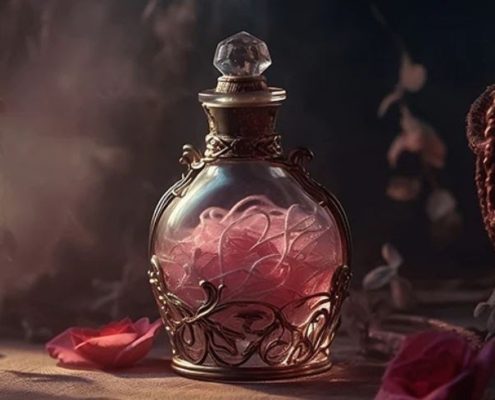
The Aesthetics of the Art of Perfumery
The Art of Perfumery, the art of crafting and wearing scents, is a sensory experience that transcends the boundaries of visual artistry and resonates deeply with our emotions and memories. Just as a painter uses colors and brushstrokes to…
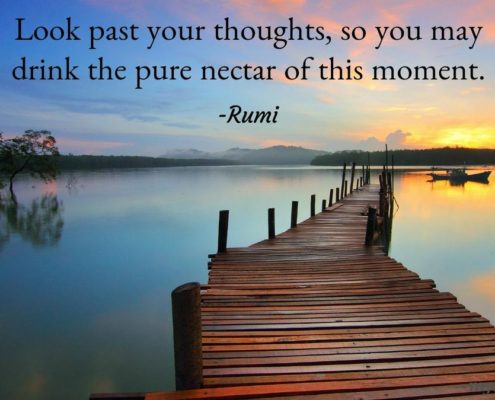
Unveiling the Secrets of Natural Niche Perfumery: A Journey toward Clean Fragrances
The world of natural niche perfumery offers an exquisite array of scents that cater to diverse preferences and moods. The first step in this olfactory adventure is to immerse yourself in the enchanting realm of fragrances, allowing your senses to dance through a myriad of notes and accords.
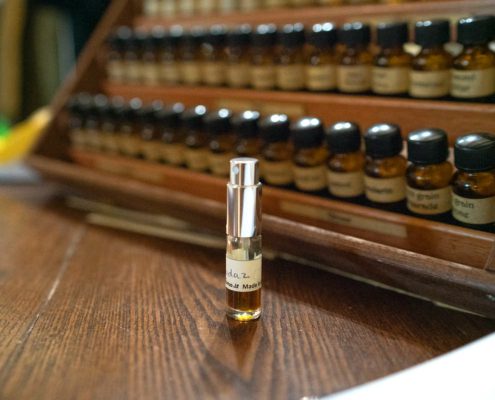
How to Make Your Own Natural Perfume at Home: Embrace the Essence of Nature
The use of good smells as perfumes dates back to the dawn of human civilization. However, the modern perfumes available to us contain mostly synthetic chemicals that can be harmful to both our health and the environment. The best alternative…
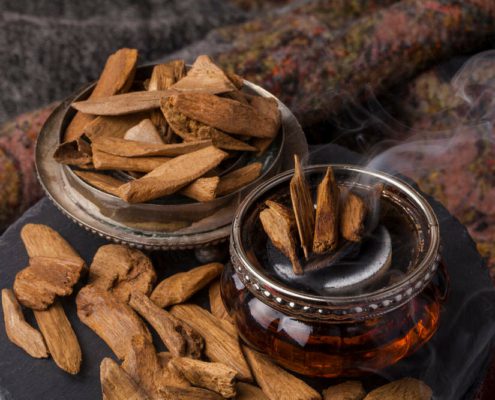
What is so special about Oud?
It’s not the price of oud that makes it so unique and sets it apart in the entire natural perfume industry, but the factors involved in heightening the prices. Do you want to know what is so special about oud? - Please keep reading.
In…
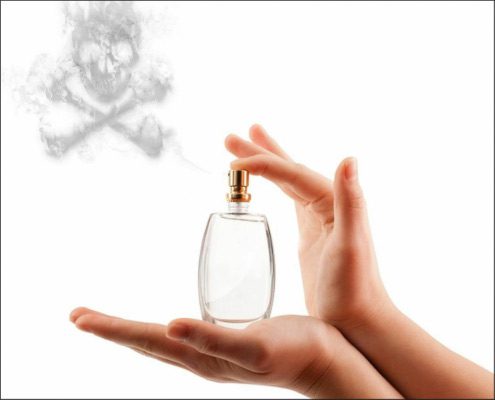
Danger of musk ketone in perfumes
Musk ketone is widely used as a synthetic alternative to natural musks and is extensively found in various consumer products such as perfumes, cosmetics, soaps, lotions, sprays, and detergents. Studies have revealed a number of dangers of…
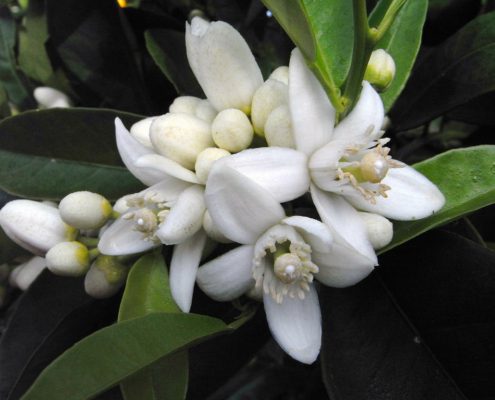
Neroli Perfume – Properties, Distillation, and History
Neroli perfume represents a surprising harmony of citrus and floral with unique hints of spices and honey although delicate, distinctive, and utterly refreshing. Neroli is one of the most widely used ingredients in natural perfumery. It tells a unique story, not only about each person who wears it but also about the long history of perfume.
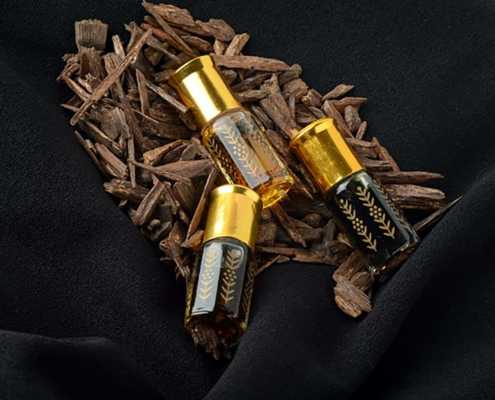
Oud Attar
The exquisite and complex scent of oud is intriguing and rare, and certainly, a precious gift of nature that is able to create a unique olfactory experience that evokes a sense of majesty, opulence, and supreme luxury. Oud is derived from agarwood, the resinous dark heartwood of a rare tropical tree called aquilaria native to the dense forest areas of India and some other parts of Southeast Asia.
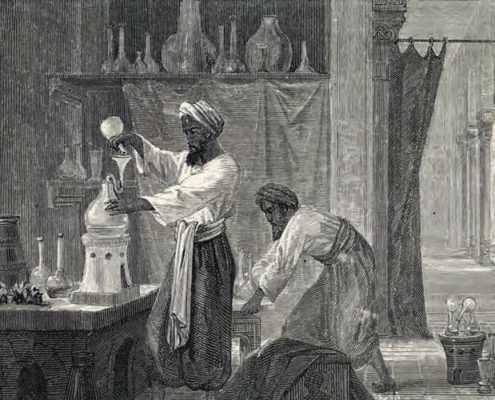
History of Perfume
Different cultures around the world prepared and used perfumes in many different interesting ways throughout history. Perfumes were expensive and used by the upper classes to distinguish their nobility. Perfume originated from Western Asia and was further refined by the Arabs, Persians, and Romans and eventually reached the West.
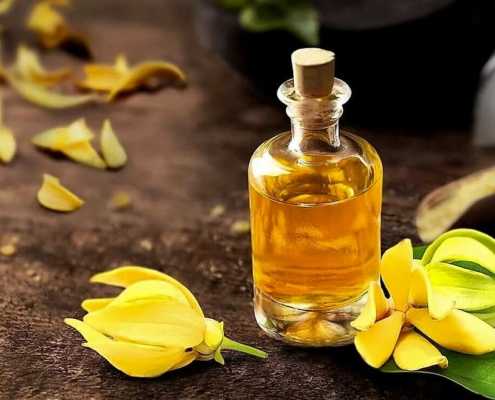
Ylang-ylang – Properties, Distillation, and History
Ylang-ylang oil has strong anti-inflammatory, antifungal, and antibacterial properties. These actions help alleviate fungal infections and symptoms of malaria.
Ylang-ylang has long been used for a range of therapeutic purposes. Modern scientific research has also substantiated many traditional benefits.
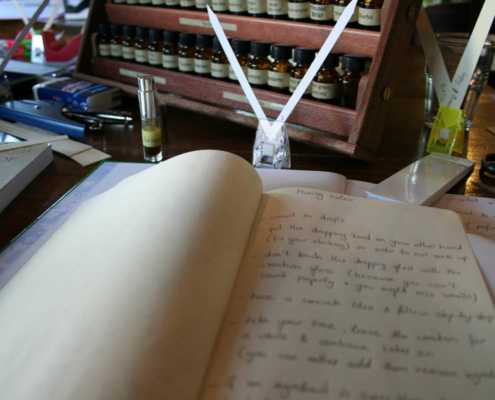
Custom Perfume – Your signature scent
Have you ever dreamt of wearing a perfume that is composed only for you entirely on your bespoke request and nobody else wears? If yes, then a custom perfume is the only solution that provides you advantages to compose your distinct signature…
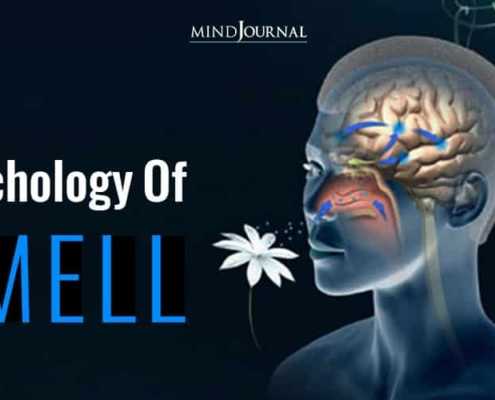
Olfactory Psychology
Olfactory psychology refers to the science that describes the effects of smells on the human psyche and nervous system, playing an important role in activating the endocrine system. It involves multiple psychological factors such as emotion, mood, memory, and behavior. Scents have been found closely intertwined with emotion and memory.
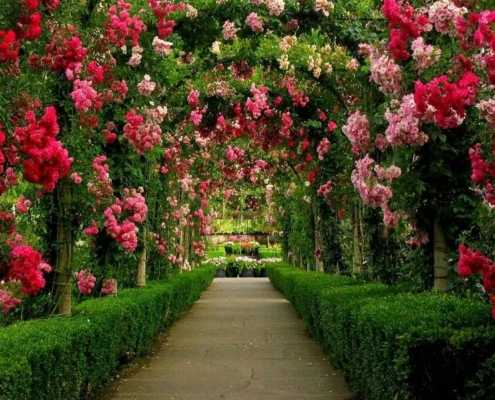
Botanical Perfumery
Botanical perfumery is the art of blending fragrance ingredients of botanical origin such as roots, flowers, seeds, resins, and gums to prepare aesthetically pleasing herbal fragrances. In Medieval Europe, fragrant botanical oils became popular for wellbeing and healing, which meant that the professions of physicians or apothecaries and perfumers became closely intertwined.
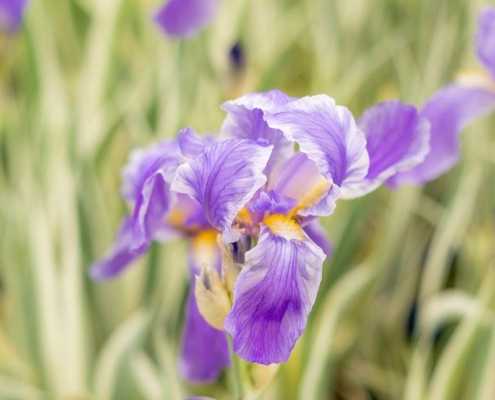
Iris Perfume – Properties, Distillation, and History
Iris perfume, also known as orris perfume, is among the most loved perfume notes for both men as well as women. Iris perfumes are made from iris butter, which is one of those legendary perfumery substances in the world – exclusively beautiful and extraordinarily expensive.

Natural White Musk – Ambrette
Aromatherapy uses: Essential oils derived from the ambrette seeds emanate a wonderful soft musky smell, making it very beneficial in aromatherapy.
The white musk scent of ambrette essential oil has been widely used in aromatherapy for treating anxiety, nervousness, and depression among other emotional imbalances.
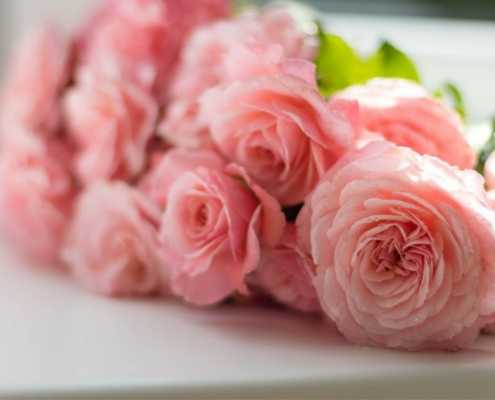
Turkish Rose – Properties, Distillation, and History
The great physician Ibn-al-Sina, commonly known as Avicenna in modern medicine, was the first scientist who emphasized the beneficial effects of rose essence on the heart and the brain. He praised rose water for its effective benefits on the mind and soul, and its tremendous benefits on brain function and cognitive power.
In India, Nur Jahan, Moghul Emperor Jahangir's wife, used to take bath in a pond filled with roses.
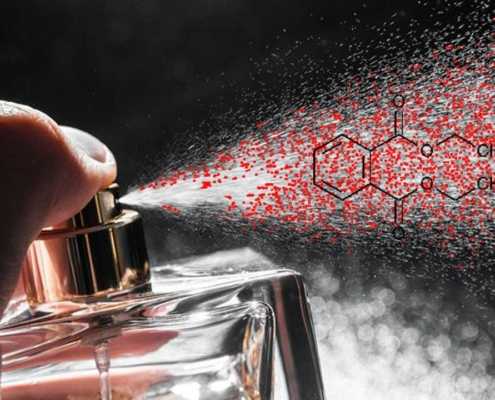
Why Phthalates in Perfumes are Dangerous?
Phthalates in Perfumes are Dangerous? Due to laws that protect perfume manufacturers from sharing "trade secrets", most perfumes sold commercially are packed with harmful chemicals that aren’t listed individually on the ingredient label.
Instead, these fatal chemicals are simply covered by the term "fragrance" – an umbrella word that could mean a variety of different ingredients and hide the actual one.
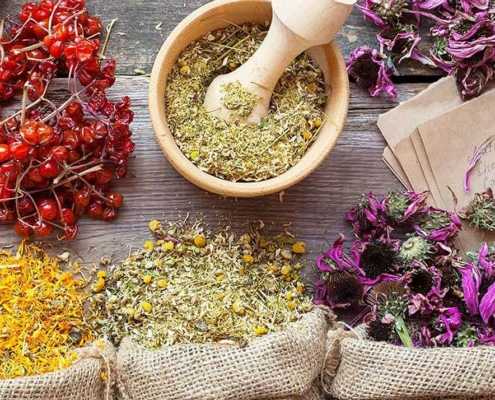
Botanical Extracts in Natural Perfumery
In recent years, with the increasing scenario of health concerns using synthetic fragrances, there has been a shift towards natural perfumes as many people seek safe and natural ingredients in their favorite perfumes. Botanical extracts are natural, safe, and perfect for enhancing the quality of perfumery products.
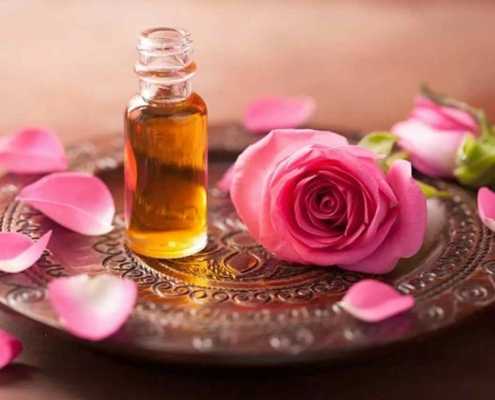
Natural Perfumes Benefits
Wearing natural perfume is one of the most traditional luxuries which has been used since ancient ages. In the early days, perfumes were made truly based on natural ingredients, and physicians used natural fragrance oils to prepare diverse types of medicines.
Aromatherapy benefits: Natural perfumes or essential oils have been used for therapeutic purposes for centuries. Most natural fragrance oils have significant healing properties that are effective in improving the body, mind, and soul.
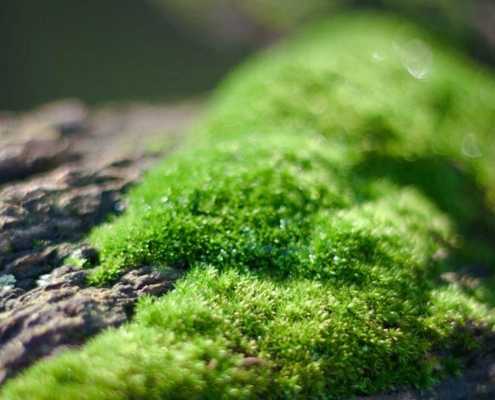
Oakmoss Perfume
Oakmoss (or oak moss) is one of the most beloved substances to perfumers around the world. It’s a type of fungi lichen that usually grows on the branches and trunks of the oak trees.
The essential oil derived from this moss primarily used in perfumery as a fixative or base note. Someone may feel its smell very strong and earthy, but to most perfume lovers oakmoss scent is unique with natural woody and leather-like undernote with no other similarities in the world.
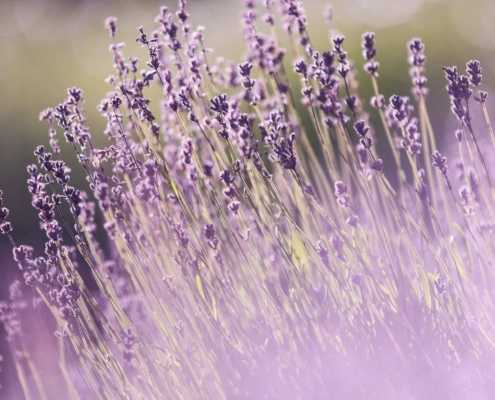
How to make natural perfumes
How to make natural perfumes
"Making perfumes is easy", says Guy Robert to his colleagues at the prestigious British Society of Perfumers, link He details with humourism the different ways in which a perfume comes into being. A genesis of…
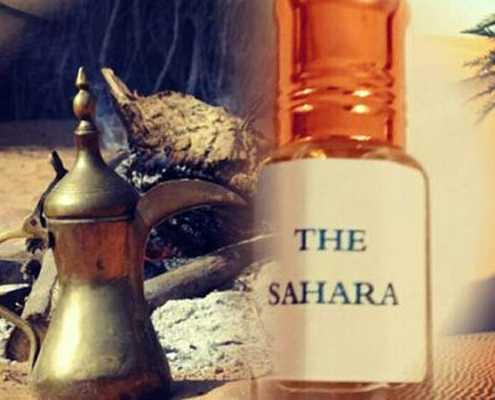
Subliminal dose
In a perfume, the ingredients that are not smelled are more important than the ones that are smelled.
I once had a customer who loved my perfumes but he could not stand any fragrance containing Rose. Even in those where it was present in…
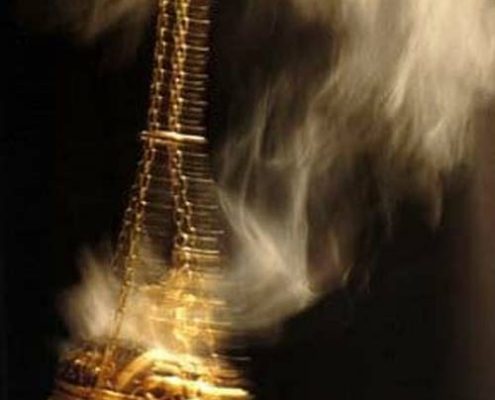
Spirituality of the sense of smell
Love for perfumes and spirituality go together, at least in the tradition of Islam.
Very much unlike the idea of Serge Lutens for whom perfume is an expression of decadence and sensuality, the prophetic traditions of the three monotheistic…
Pages
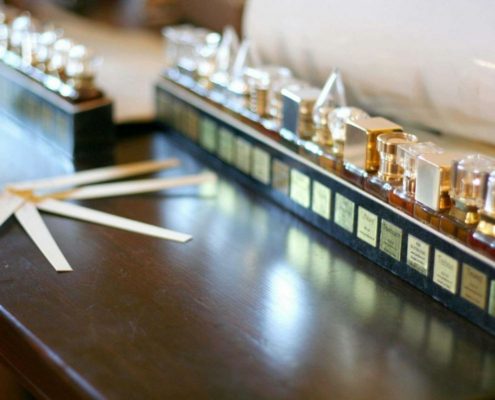
Natural perfumes
Why Choose Natural Perfumery?
The definition of natural perfume is simple: it is a perfume made of plant or animal extracts without any other ingredient.
How I become a natural perfumer
I did not really choose to become a natural perfumer…












